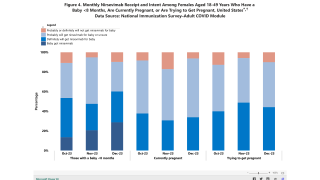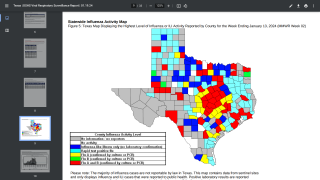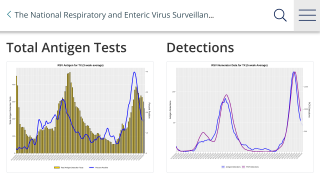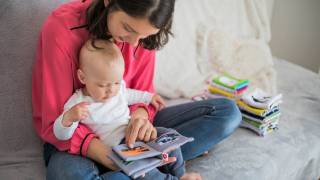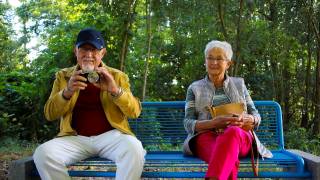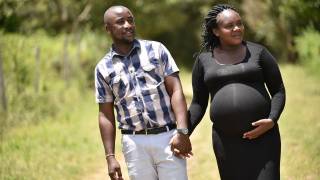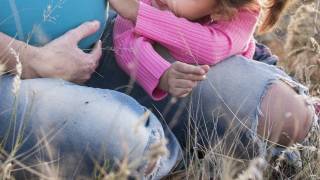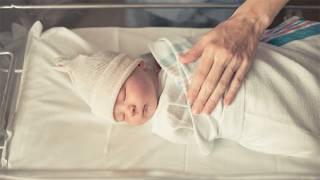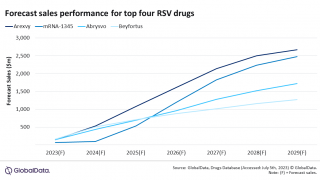Passive Immunization Reduced RSV Related Infant Hospitalizations by 82%
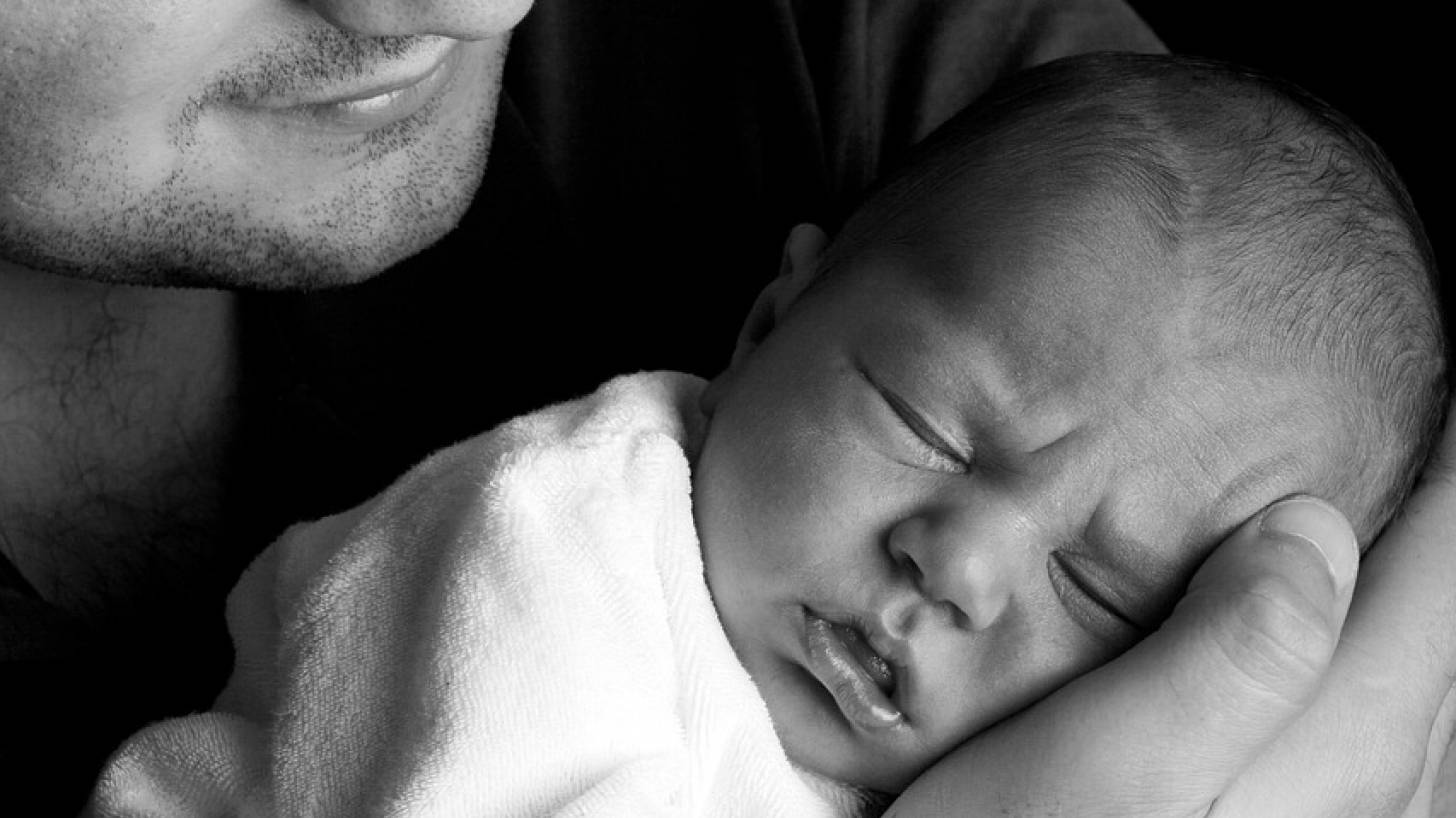
Today, the first population-based, real-world evidence (RWE) of the positive benefits infants receive when passively immunized to prevent respiratory syncytial virus (RSV) disease was published.
RWE demonstrates if immunization is effective in day-to-day practice, as opposed to "efficacy" determined in carefully controlled clinical trials.
According to the interim results of an ongoing clinical study published in The Lancet Infectious Diseases on April 30, 2024, Beyfortus™ (nirsevimab) reduced respiratory syncytial virus (RSV) hospitalizations by 82% (95% CI: 65.6 to 90.2) in infants under six months of age, compared to infants who received no RSV intervention,
These results are from the first RSV season after the U.S. FDA approved Beyfortus. They are part of the three-year NIRSE-GAL study conducted in Spain collaboratively with the Galician Directorate of Public Health of the Xunta de Galicia (Galician government) and Sanofi.
Positive results from recent RWE studies have been published from several broad infant immunization programs across the U.S., Spain, and France during the 2023-2024 RSV season.
"The NIRSE-GAL study (www.nirsegal.es/en) represents a monumental stride in pediatric public health, showcasing an over 80% effectiveness in preventing severe RSV infections in immunized infants," wrote Federico Martinon Torres, Head of Pediatrics, Hospital Clínico Universitario Santiago, Spain and principal investigator of NIRSE-GAL study, in an email to Precision Vaccination News on May 2, 2024.
"Our real-world findings in Galicia (Spain) on the nirsevimab's effectiveness and impact .... have drawn considerable attention worldwide, emphasizing the critical role of structured immunization programs in controlling infectious diseases."
"As the lead researcher of the NIRSE-GAL study, I am profoundly encouraged by our results: Immunizing just 25 infants with nirsevimab prevents one hospitalization, demonstrating the profound impact of preventive strategies on public health."
In addition to this new effectiveness study, an interim analysis of 2023-24 surveillance data published in the U.S. Centers for Disease Control and Prevention's Morbidity and Mortality Weekly Report (March 2024) shows a single dose of Beyfortus was 90% effective in preventing hospitalizations due to RSV in babies who were immunized below eight months of age.
As a long-acting antibody provided directly to newborns and infants in a single dose, Beyfortus offers rapid protection to help prevent lower respiratory tract disease caused by RSV without requiring immune system activation.
Beyfortus administration can be timed to coincide with the RSV season.
In infants, RSV is the most common cause of lower respiratory tract disease, including bronchiolitis and pneumonia.13 It is also a leading cause of hospitalization in infants worldwide, with most hospitalizations for RSV occurring in healthy infants born at term.
According to a press release from Sanofi and AstraZeneca on May 2, 2024, the companies are producing Beyfortus well before the next RSV season, with the vast majority of doses planned to be available by October 2024.
The ABRYSVO™ vaccine was approved by the U.S. FDA on August 21, 2023, as an alternative therapy for pregnant women between 32 and 36 weeks gestational age.
In a subgroup of pregnant individuals who were 32 through 36 weeks gestational age, Pfizer Inc.'s Abrysvo reduced the risk of LRTD by 34.7% and the risk of severe LRTD by 91.1% within 90 days after birth compared to placebo. Within 180 days after birth, Abrysvo reduced the risk of LRTD by 57.3% and 76.5% for severe LRTD compared to placebo.
Our Trust Standards: Medical Advisory Committee
- Effectiveness and impact of universal prophylaxis with nirsevimab in infants against hospitalisation for respiratory syncytial v
- Beyfortus real-world evidence published in The Lancet shows 82% reduction in infant RSV hospitalizations
- Estimate of Nirsevimab Effectiveness for Prevention of Respiratory Syncytial Virus–Associated Hospitalization Among Infants









